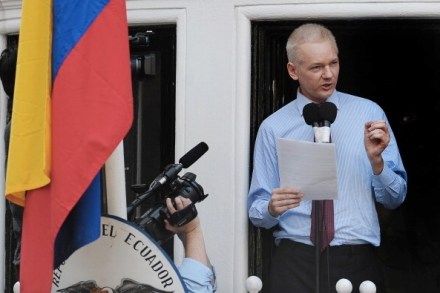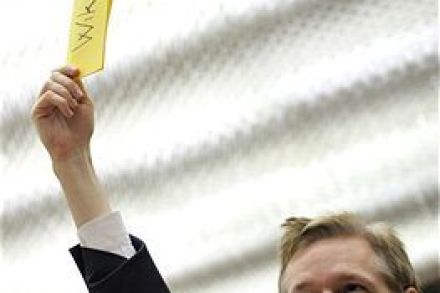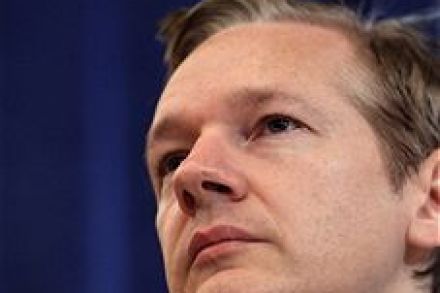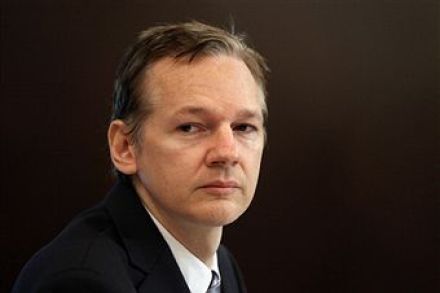Appearing on TV with a fevered Assange campaigner
I had the pleasure of doing Al Jazeera’s ‘Inside Story’ programme yesterday on Julian Assange’s positively pontifical balcony scene at the Ecuadorian Embassy the other day. I was at pains to point out that: 1 – Listening to Mr Assange a stranger to the case would never have got the impression that he had skipped bail in order to avoid being questioned on serious sexual assault allegations made by two women in Sweden. 2 – Even if the US government were interested in Wikileaks it would not constitute a ‘witch hunt’ but rather a legitimate investigation into the stealing and publishing of secret government communiques. Witches do not exist. Someone who stole












